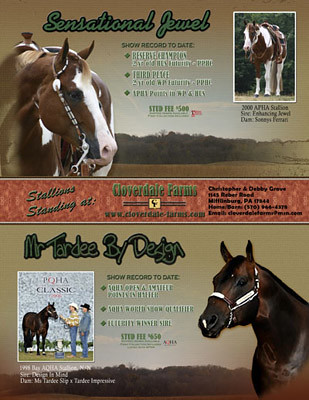I’ve taken part in a few horse courses since 2001 and each one has had a subject focused on the values of equine nutrition. And rightly so. At both TAFE and while in Ireland the education facilities had provided for someone from Kentucky Equine Research to come out and speak to us about their products and their findings regarding different types of feed and their benefits to horses.
If you’re interested in KER, take a look at their current career opportunities, positions being available July 2008.
 At TAFE we were taught about concentrates, roughage, mixed feeds, pellets and more and how to store these different types of feeds. A horse’s diet should consist mainly of bulk (roughage) such as grass/hay but also be provided with hard feeds that may give other vitamins/amino acids that are important for their general health and growth.
At TAFE we were taught about concentrates, roughage, mixed feeds, pellets and more and how to store these different types of feeds. A horse’s diet should consist mainly of bulk (roughage) such as grass/hay but also be provided with hard feeds that may give other vitamins/amino acids that are important for their general health and growth.
Many feed companies now cater to classes of horses, making up feeds for the older horse, mares in foal, mares with a foal at foot, a working stallion, competitive horses and those in light work. It’s worth finding out what your horse needs in it’s diet and shopping around to find the type of feed and cost that best suits you. Also consider where you’re going to store it to avoid mould and vermin causing problems.
For those interested there is definitely a market in researching and designing feeds for horses that fit their fitness level and diet requirements as well as assessing the diets of classes of horses and making adjustments/providing information regarding possible improvements.
Some links to consider:
http://nrc88.nas.edu/nrh/ – This site allows you to work out what your horse needs in the form of nutrients based on weight, exercise and type of feed.
http://desertequinebalance.blogspot.com/ – A blog dedicated to equine nutrition.
Pryde’s Easifeed
Mitavite Feeds
Hygain Feeds
“The Horse. Here is nobility without conceit, Friendship without envy, Beauty without vanity. A willing servant, yet no slave.” – Ronald Duncan
 Any advice for those interested in pursuing graphic design?
Any advice for those interested in pursuing graphic design?
 Whoever planned out this windbreak, I’d love to ask them a few questions!
Whoever planned out this windbreak, I’d love to ask them a few questions! In the saddlery field, is it possible for someone to be a full time professional, earning a livable income?
In the saddlery field, is it possible for someone to be a full time professional, earning a livable income?